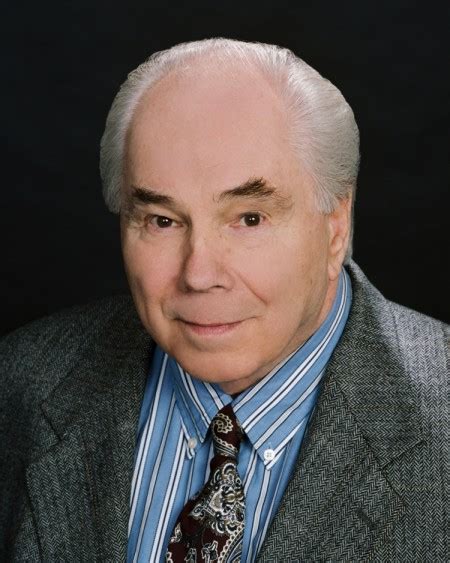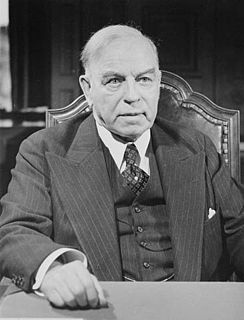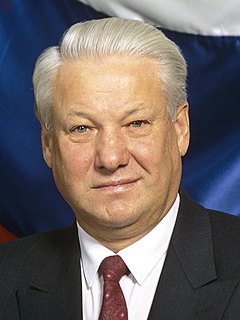A Quote by Geert Wilders
Mass immigration changes countries beyond recognition. Ordinary people are well aware of that.
Quote Topics
Related Quotes
The ordinary politician has a very low estimate of human nature. In his daily life he comes into contact chiefly with persons who want to get something or to avoid something. Beyond this circle of seekers after privileges, individuals and organized minorities, he is aware of a large unorganized, indifferent mass of citizens who ask nothing in particular and rarely complain. The politician comes after a while to think that the art of politics is to satisfy the seekers after favors and to mollify the inchoate mass with noble sentiments and patriotic phrases.
The problem with much of the debate over this issue is that we confuse two separate matters: immigration policy (how many people we admit) and immigrant policy (how we treat people who are already here). What our nation needs is a pro-immigrant policy of low immigration. A pro-immigrant policy of low immigration can reconcile America's traditional welcome for newcomers with the troubling consequences of today's mass immigration. It would enable us to be faithful and wise stewards of America's interests while also showing immigrants the respect they deserve as future Americans.
As far as I know, most organizations are avoiding population issues because they're politically frightened by the charge that comes from some proponents of immigration that if you oppose the immigration policy we have now, you're a racist.. There is no way in the world we can forge a sustainable society without stabilizing the population. ... There's no practical way of stabilizing the population of the U.S. without reducing the immigration rate. When do we decide we have to do something, or do we wait until things are as bad here as they are in the countries people want to leave?
I'm not comparing myself with Donald Trump or anybody else - but the people are fed up with the politicians ignoring the problem. The people are fed up by if they say something about the influx of the mass immigration from mostly Islamic countries, what they really feel is the threat for the safety of their daughters who go to school or their parents who walk in the park or themselves going shopping on a Thursday evening in Holland - they are being called racist if they make a remark about, 'hey this is not our country anymore.'
What we experience in various and specific milieux, I have noted, is often caused by structural changes. Accordingly, to understand the changes of many personal milieux we are required to look beyond them. And the number and variety of such structural changes increase as the institutions within which we live become more embracing and more intricately connected with one another. To be aware of the idea of social structure and to use it with sensibility is to be capable of tracing such linkages among a great variety of milieux. To be able to do that is to possess the sociological imagination































